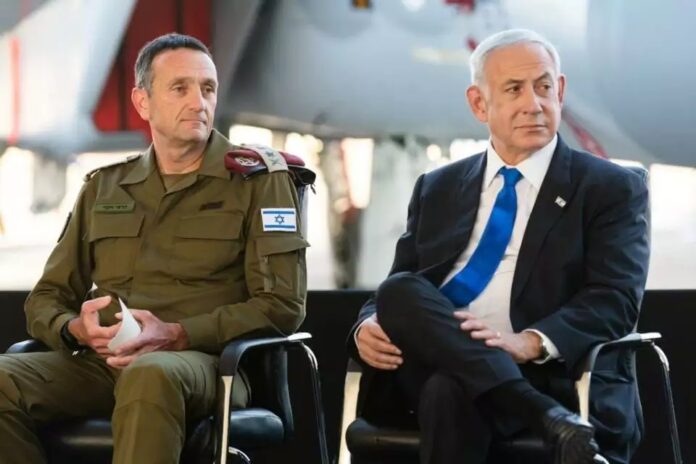Authors: Amichai Cohen, Stuart Alan Cohen
Affiliation: Faculty of Law at the Ono Academic College, Israel Bar-Ilan University, Ramat Gan, Israel
Organization/Publisher: Armed Forces & Society
Date/Place: February 12, 2020/USA
Type of Literature: Article
Number of Pages: 21
Link: https://journals.sagepub.com/doi/full/10.1177/0095327X20903072
Keywords: Civil-Military Relations, Methodology, Military Culture, Israel
Brief:
The authors argue that the emergence of Israel’s civil-military gap, which has been analyzed and defined by binary divisions between persons who perform military service, is transforming as encounters between civilians and military are affected by technological and cultural processes. The common literary understanding is that Israel is known as the “nation in arms” which reflects the intimate relationship between citizens and the Israel Defense Forces (IDF). Military service has generated divisions in both soldiers as well as civilians, giving rise to rival groupings that comprise coalitions of both sectors. But the boundaries of the civil-military relationship remained permeable and less accurate because it ignored other Jews and non-Jew minorities. The authors highlight the militarization of politics which can be seen as 13 out of 21 senior military officers after retirement got elected to parliamentary seats from 1948-2019; and the civilianization of the armed forces. To fix the problem of mistrust between armed forces and society, the authors highlight four major “gap dimensions” dividing civilians from military personnel that need special attention: 1. Policy preference, 2. Demographics, 3. Institutional–occupational, and 4. Culture. The authors propose replacing the current analysis of civilian-military encounters based on their observations of the Israeli case, which society reflects a fractured format with dynamic heterogenous groups.
By: Razia Wadood, CIGA Senior Research Associate




